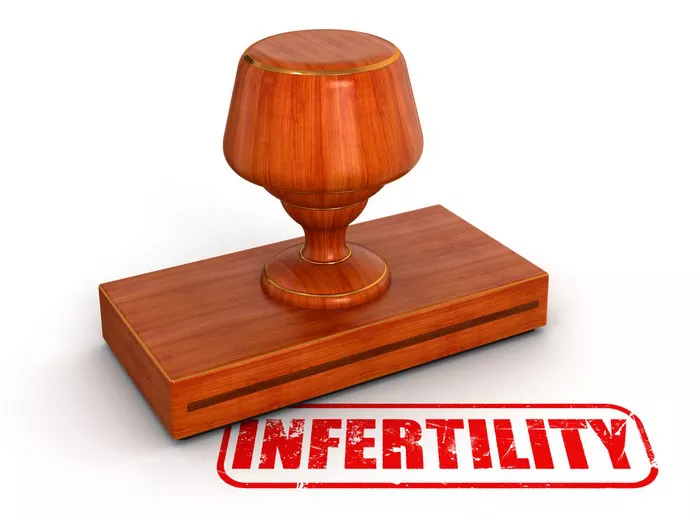When it comes to addressing male infertility, seeking the expertise of the right medical professional is crucial. Two primary types of specialists typically handle male infertility cases: urologists and reproductive endocrinologists. Urologists specialize in the urinary tract and male reproductive organs, making them well-equipped to diagnose and treat male infertility issues. On the other hand, reproductive endocrinologists are experts in fertility and hormonal disorders, focusing on both male and female infertility. Both types of specialists can offer comprehensive care tailored to individual needs, ensuring a holistic approach to male fertility concerns.
Diagnosis Process
The diagnosis of male infertility typically begins with a thorough evaluation conducted by the specialist. This evaluation often includes a physical examination to assess the health of the reproductive organs and identify any abnormalities. Additionally, a detailed medical history is essential to understand potential contributing factors to infertility, such as past illnesses, surgeries, or lifestyle habits.
One of the primary diagnostic tests for male infertility is semen analysis. This test evaluates various parameters of semen, including sperm count, motility, and morphology. It provides valuable insights into the quantity and quality of sperm produced, helping to identify potential fertility issues. In some cases, additional tests such as hormone evaluations or genetic screenings may be recommended to further assess fertility potential and uncover underlying causes of infertility.
Treatment Options
Treatment options for male infertility vary depending on the underlying cause and severity of the condition. In many cases, lifestyle changes such as quitting smoking, reducing alcohol consumption, and maintaining a healthy weight can improve fertility outcomes. However, when lifestyle modifications alone are insufficient, medical interventions may be necessary.
Medication: Certain medications may be prescribed to address specific fertility issues, such as hormonal imbalances or erectile dysfunction. These medications can help improve sperm production, motility, or overall reproductive function.
Surgery: Surgical procedures may be recommended to correct anatomical abnormalities that affect fertility, such as varicoceles (enlarged veins in the scrotum) or blockages in the reproductive tract. Surgical interventions aim to restore normal reproductive function and improve fertility potential.
Assisted Reproductive Technologies (ART): ART procedures, such as intrauterine insemination (IUI) or in vitro fertilization (IVF), may be utilized to overcome fertility challenges. These techniques involve the manipulation of sperm and/or eggs outside the body to facilitate conception and pregnancy.
Consultation Preparation
Preparing for a consultation with a male infertility specialist can help ensure a productive and informative experience. Before the appointment, it is beneficial to gather relevant medical records, including any previous fertility evaluations or test results. Additionally, compiling a list of questions or concerns to discuss with the specialist can help guide the conversation and ensure that all relevant topics are addressed.
Some questions to consider asking during the consultation may include:
1. What is causing my infertility, and what are my treatment options?
2. What are the potential risks and side effects of the recommended treatments?
3. What lifestyle changes can I make to improve my fertility?
4. What are the success rates of the proposed treatments, and what factors can affect these rates?
5. Are there any alternative or complementary therapies that may be beneficial for me?
6. What are the anticipated costs of treatment, and does my insurance cover any of these expenses?
Success Rates
The success rates of male infertility treatments can vary widely depending on factors such as the underlying cause of infertility, the chosen treatment approach, and individual patient characteristics. In general, lifestyle modifications and medications may yield modest improvements in fertility outcomes, while surgical interventions and ART procedures often offer higher success rates, particularly in cases of severe male infertility.
It is essential to discuss realistic expectations and potential outcomes with the treating specialist to make informed decisions about treatment options. Additionally, understanding the factors that can influence treatment success, such as age, overall health, and fertility history, can help manage expectations and optimize the chances of achieving a successful pregnancy.
Costs and Insurance
The costs associated with male infertility evaluations and treatments can vary significantly depending on the specific procedures and services required. Initial consultations and diagnostic tests may be covered by health insurance, but coverage for fertility treatments such as medications, surgeries, or ART procedures may be limited or excluded from insurance plans.
It is advisable to review your insurance coverage carefully and inquire about any available financial assistance options or payment plans offered by fertility clinics or healthcare providers. Additionally, exploring alternative financing options, such as fertility grants or loans, may help alleviate some of the financial burdens associated with infertility treatments.
In conclusion, addressing male infertility requires a comprehensive approach that involves thorough diagnostic evaluations, personalized treatment plans, and ongoing support from experienced healthcare professionals. By seeking the expertise of specialists in male reproductive health, individuals can access the resources and treatments needed to optimize fertility outcomes and achieve their goals of building a family. Through open communication, informed decision-making, and a commitment to holistic care, male infertility can be effectively managed, offering hope and possibilities for couples facing fertility challenges.


























